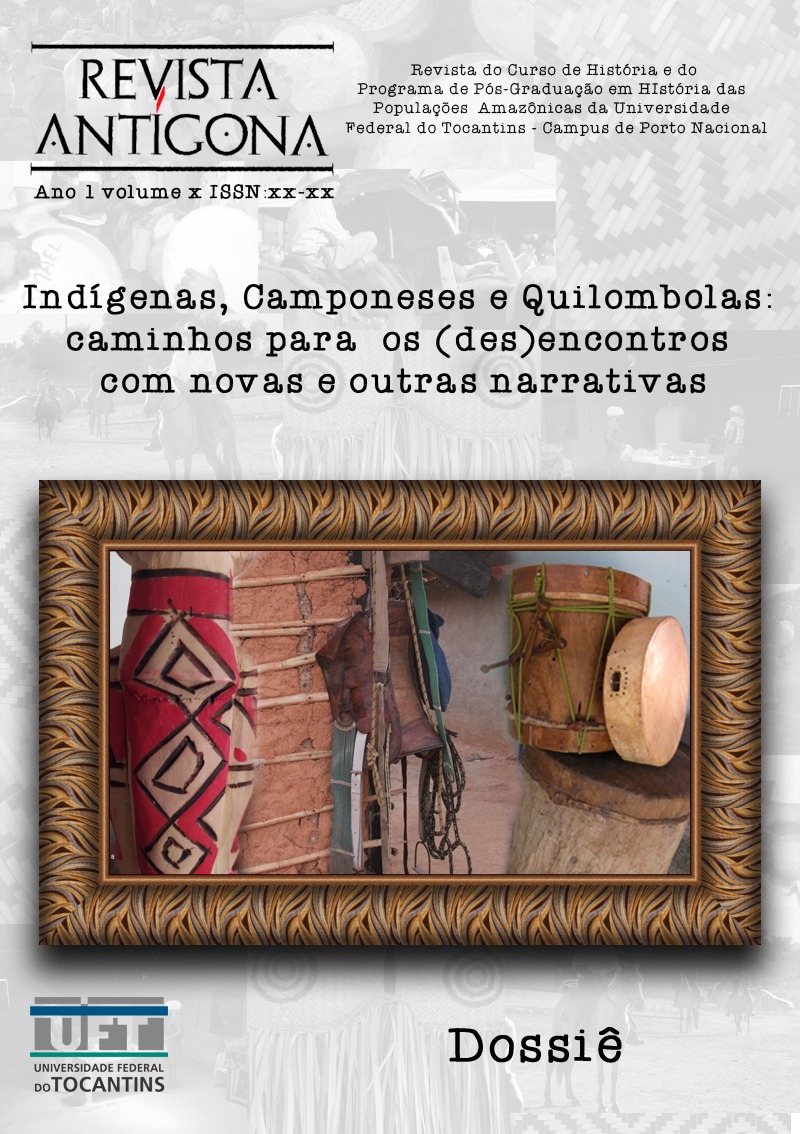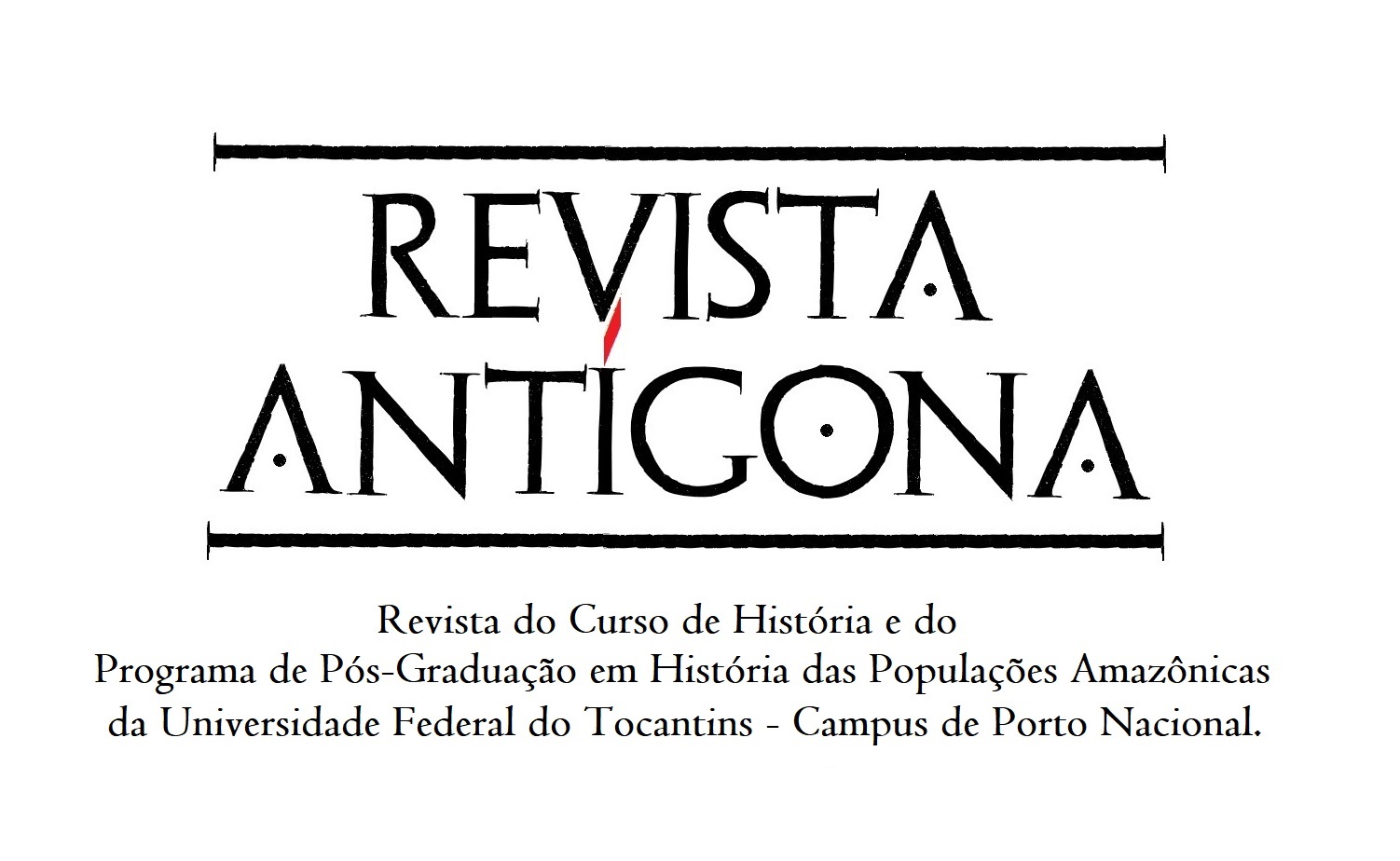QUILOMBOS NO RS
TERRITORIALIDADE, PROPRIEDADE E O USO COLETIVO DA TERRA
DOI:
https://doi.org/10.20873/uft.2763-9533/2021.2.9Keywords:
Property. Quilombola. Law. (Re)territoriality.Abstract
The history of the black people in Brazil is not recent, and during the historical process of its constitution there were struggles, resistances and experiences that came to give visibility and guarantee rights to these subjects, who for years were enslaved and stigmatized by the society of the time, causing effects that we still see today, making it necessary to discuss and analyze the issue regarding the right of access to land for quilombola communities. This article discusses the dichotomies between customary and legal rights concerning the ownership of remaining lands from the quilombo communities in the state of Rio Grande do Sul. In this sense, we seek to contextualize and analyze the land ownership disputes regarding the remaining quilombolas, evaluating the administrative proceedings of the National Institute of Colonization and Agrarian Reform and the Judicial proceedings, cross-referencing with data provided by the Palmares Cultural Foundation and INCRA. In this manner, the formation of quilombola communities with recognized territory in Rio Grande do Sul is contextualized based on the the land occupation process post abolition. Still, it is understood how the concept of land ownership is conceived and applied in INCRA's judicial and administrative processes and what are the conflicts around the land, seeking to see which are the subjects involved and their interrelationships.



